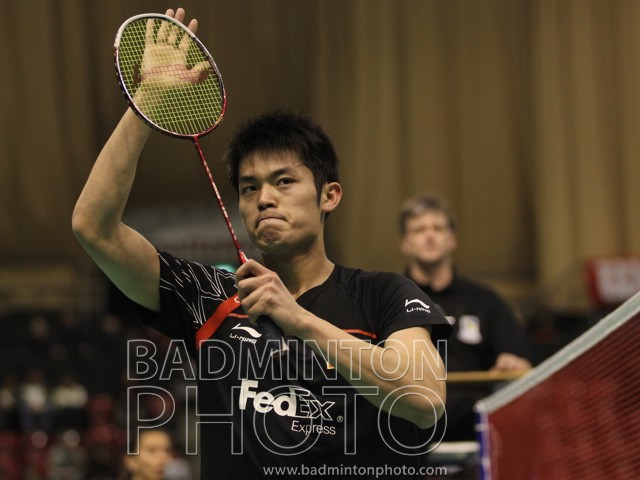
“I came to a revelation after the Olympics that being gracious in defeat is as important as winning.” – Lin Dan, Olympic Champion
Nobody likes losing, and I’m not saying you should.
We live in an age that advocates the belief of ‘winning is everything’ – the breeding ground for the fear of failure. Don’t get me wrong, winning is important and more often than not, it is used as the measurement of one’s success or training efforts. Besides, one needs to answer to the expectations of coaches, sponsors, and fans.
But the difference between just another winner and one who goes on to become a legendary figure in this age is that the latter has mastered the art of losing. For the art of losing is to be able to promptly pick yourself up, walk away from a defeat stronger than you were yesterday. Adversity shapes character if you let it.
It is frustrating to be defeated by “juniors”, unheralded or unranked players, or just players ranked rungs below you. And since the inception of the 21-point system in badminton, upsets like these have become the order of the day. Badminton has become a highly unpredictable sport, and it’s not all about being inconsistent.
Actually, I find badminton a very depressing sport.
For the emotional turbulence shuttlers are put through due to the nature of the sport that makes it ever so prevalent for one to go from hero to zero within a short time. Yet there is no doubt that the current format of the sport has improved its entertainment value, which is essential for the survival of the sport. What about the players?
Well, this leaves players to deal with the affective challenges on their own – and if the lack of consistent results from most players is anything to go by – then the sport might continue to win fans but lose legends. It may look like exploitation but in a world governed by economic forces, success hinges on being the survivor of the fittest.
When you are just fighting to survive in the sport, you lose perspective of what truly matters in being a sportsman: leaving a legacy. In this ‘new-age’ badminton where ‘consistent’ top-class performances are few and far between, and spectators are almost conditioned to that, then the measurement of a ‘legend’ has shifted.
It’s not just about getting to the top, but knowing how to stay there as well.
In fact, in my current work in sports talent development, research reveals a shift in identifying sport talents from solely based on their successful performances to an increasing concern over the ‘depth’ of an athlete – whether he or she possesses the innate ability and the capacity to overcome crisis and build character through it.
Because in the unpredictable world of badminton today, hard work and dedication can make you a great player but it takes an extra something found in overcoming adversity to be set apart – be it defying the odds or bouncing back from setbacks – these make all the difference in setting an ordinary player apart from an extraordinary one.
So I will be sharing in my next post the strategies to recover one’s confidence after setbacks such as defeats and injuries, drawn from my work in the field of sports psychology. Whether you are just a spectator or an athlete or a coach, I hope my posts will take your understanding of the sport and its athletes to a new level.
Athletes are as human as you are. Sports psychology serves to provide insights to what are invisible to the human eye in sports: The mental game, the intense emotions, the ‘depth’ or personality of an athlete. So yes, it is a lot about understanding human behavior particularly in sports performance, but no, I do not read minds. : )
Jan is a young sports psychologist currently based in Singapore. Once a competitive youth athlete, she hung up her racket after winning university colours to pursue her other dreams. Contributing her insights on Badzine is her way of giving back to the sport that has taught her a plethora of life lessons that she wouldn’t trade for anything. Any questions, do get in touch with Jan via email or leave a comment below.
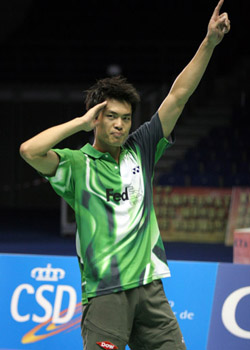
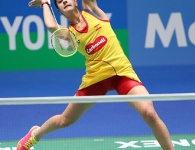

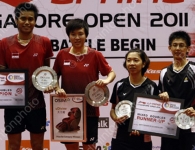

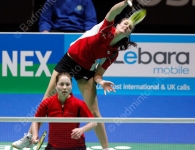
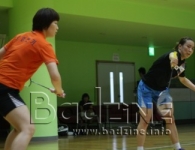
Leave a Reply